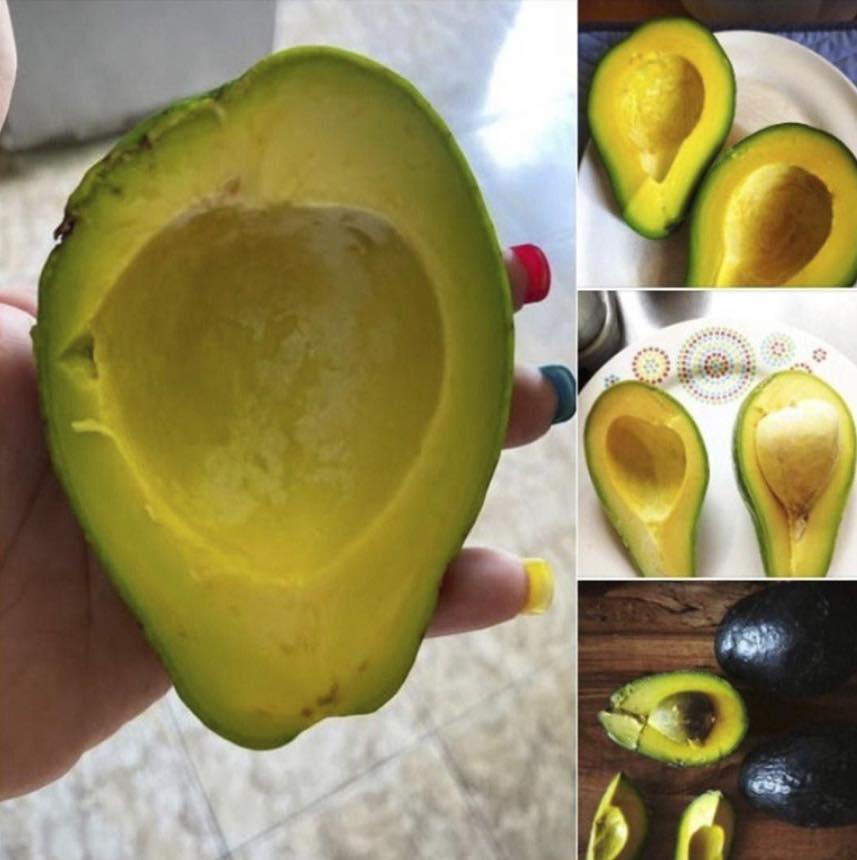Avocado, celebrated as a superfood for its richness in healthy fats and nutrients, is a favorite in global diets. However, its long-term impact on the kidneys isn’t always on the radar. The high potassium content and other factors can be beneficial or detrimental, depending on your kidney health, according to experts.
With an avocado market reaching $18 billion in 2024 (Statista) and more than 3 million searches for “avocado and health” on Google Trends in 2025, this topic deserves attention.
Below, we explore how long-term avocado consumption affects the kidneys, what the science says, and how to enjoy it safely.
Potassium: Ally or Silent Threat
Avocado is a potassium bomb: one medium-sized fruit provides 975 mg, almost 20% of the recommended daily intake (4,700 mg, WHO). This mineral regulates blood pressure and fluid balance, protecting the kidneys in the long term. A study in the Journal of Renal Nutrition (2024) found that potassium-rich diets reduced the risk of kidney stones by 15% over 10 years by alkalizing urine.
But there’s a downside: in people with chronic kidney disease (CKD), the kidneys don’t filter potassium well. Excess potassium can accumulate, causing hyperkalemia, with symptoms such as arrhythmias and fatigue, according to Kidney International (2023). For those who consume avocado daily—a common habit in Mexico, where 2.5 million tons are produced annually (SIAP, 2024)—monitoring is key if there is pre-existing kidney damage.
CONTINUE READING NEXT PAGE
ADVERTISEMENT
